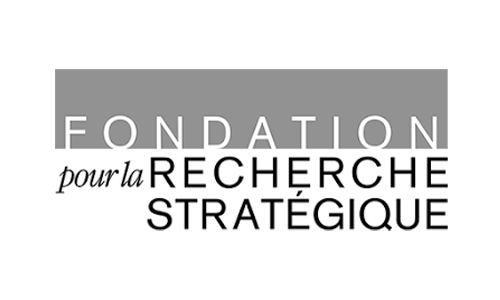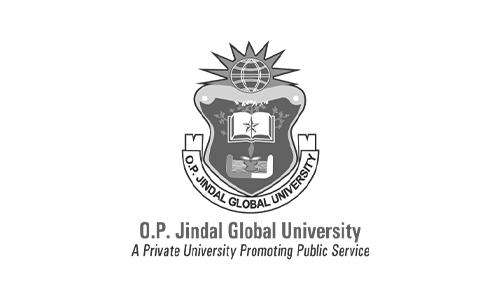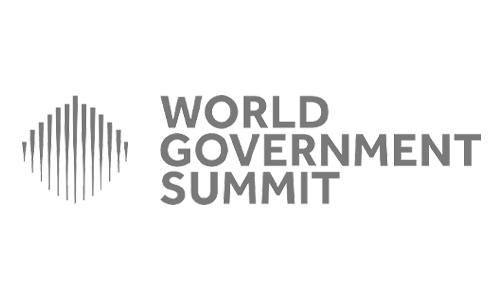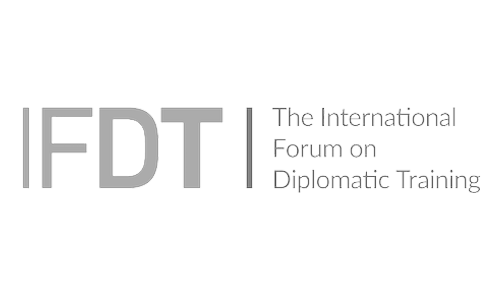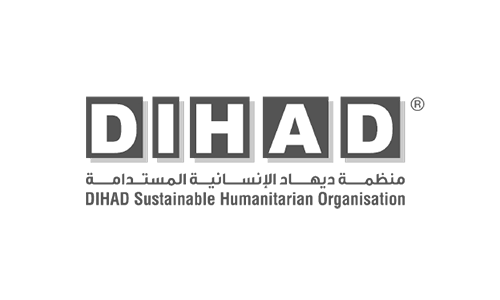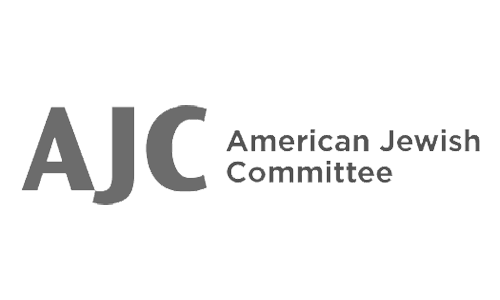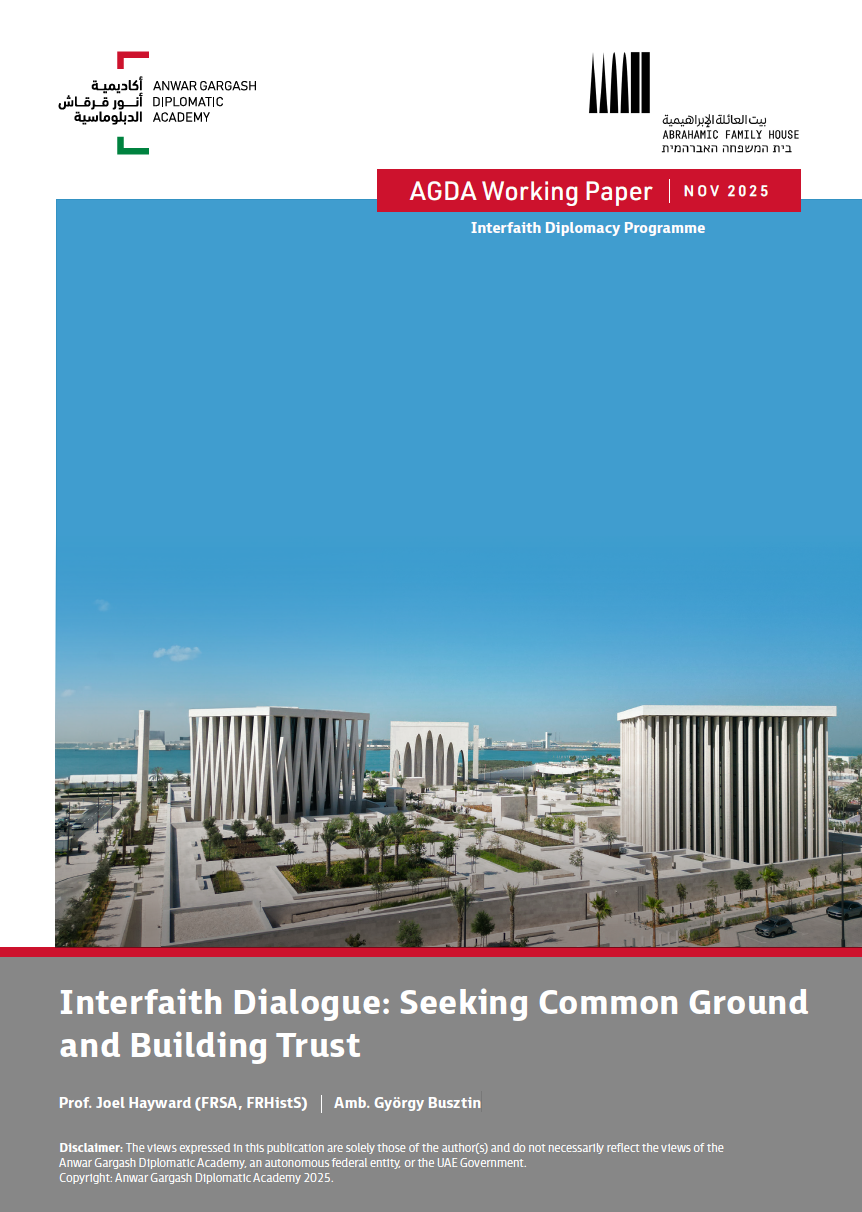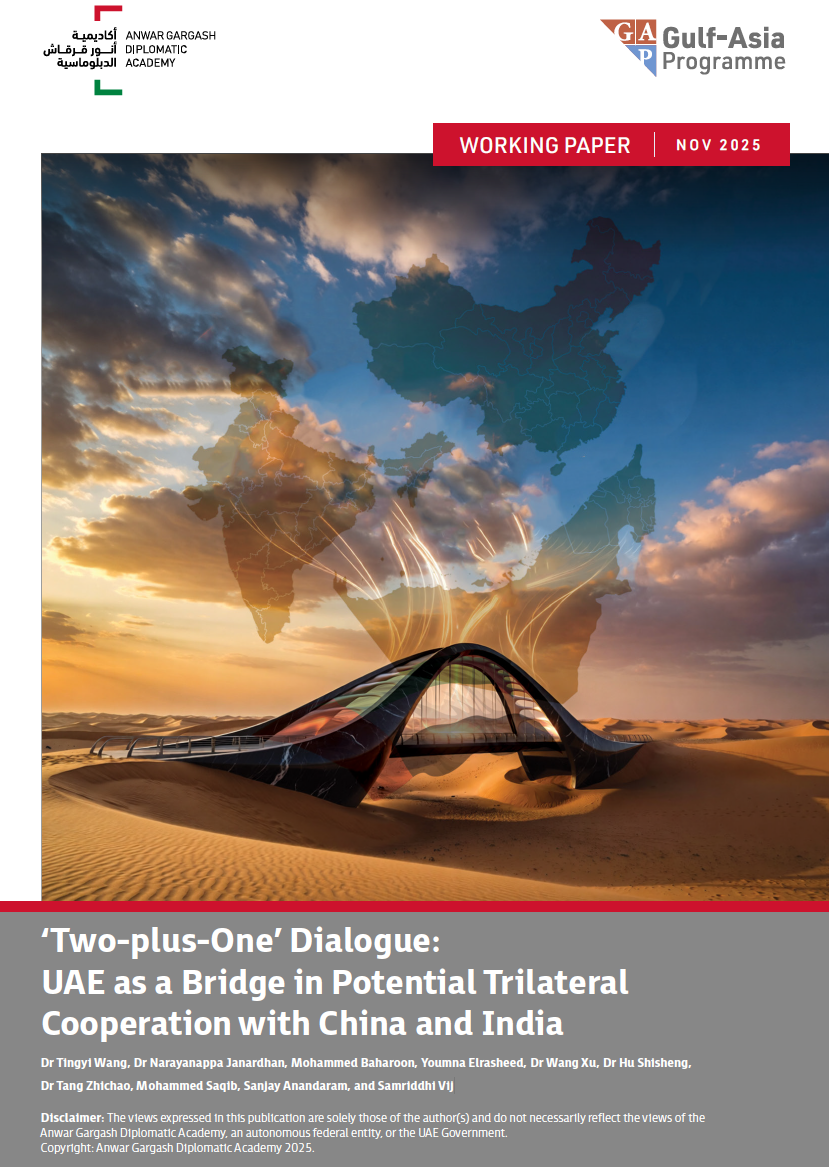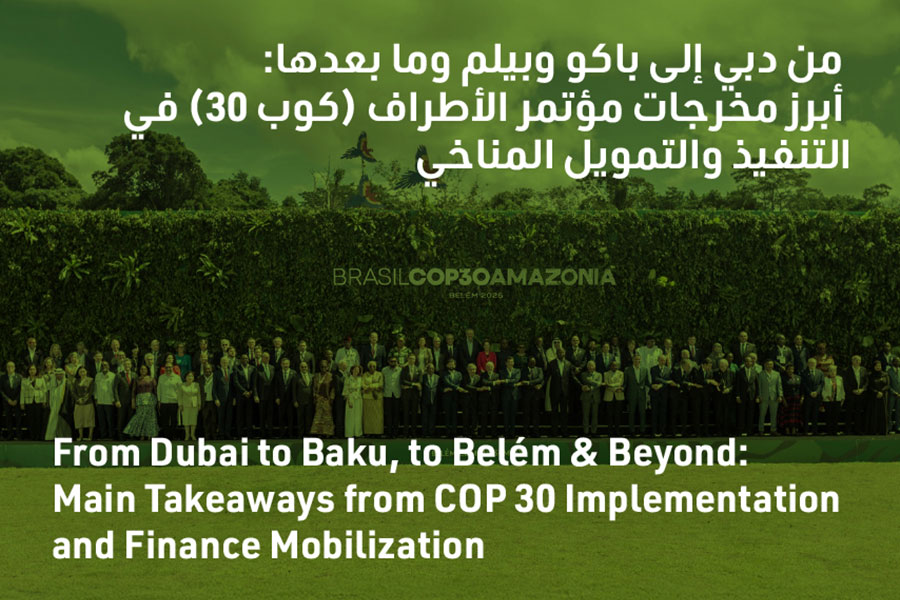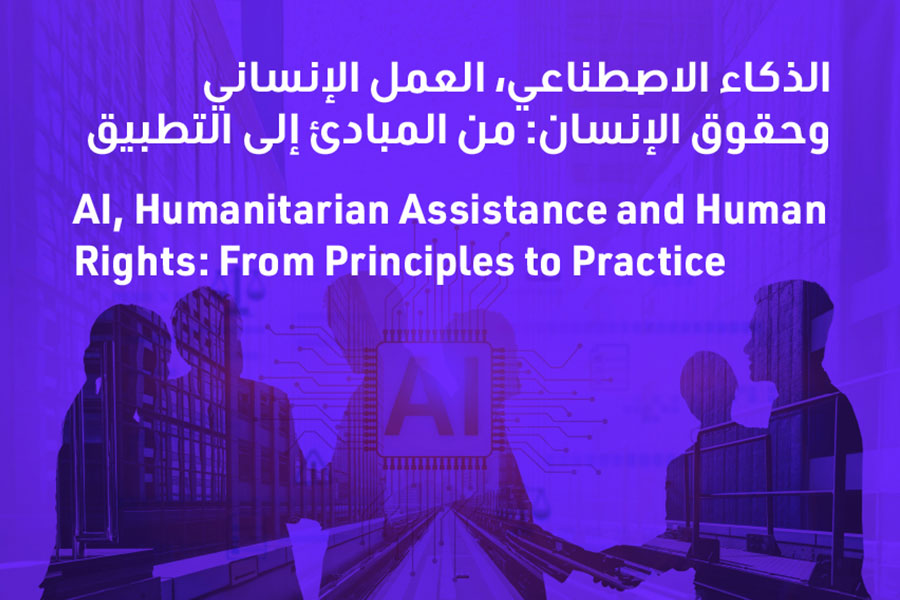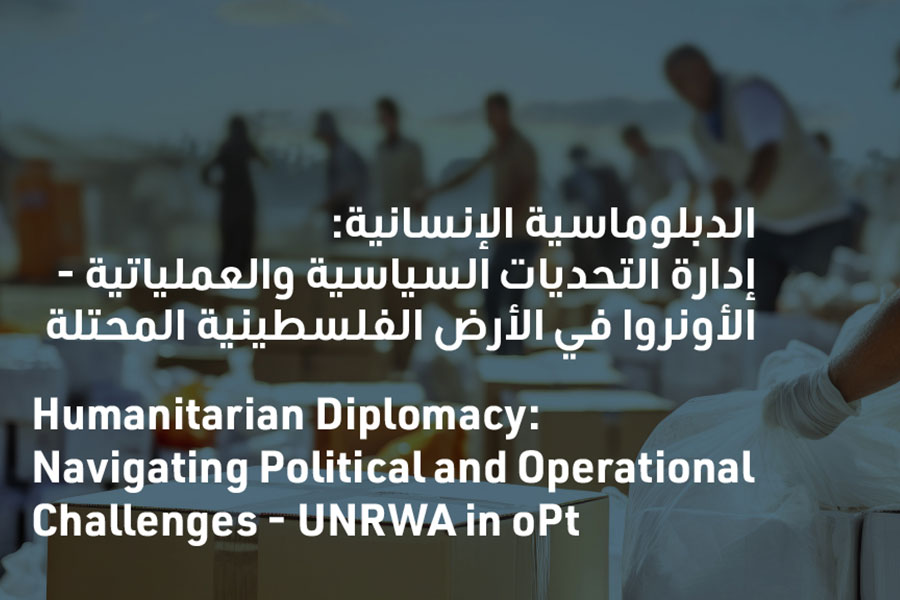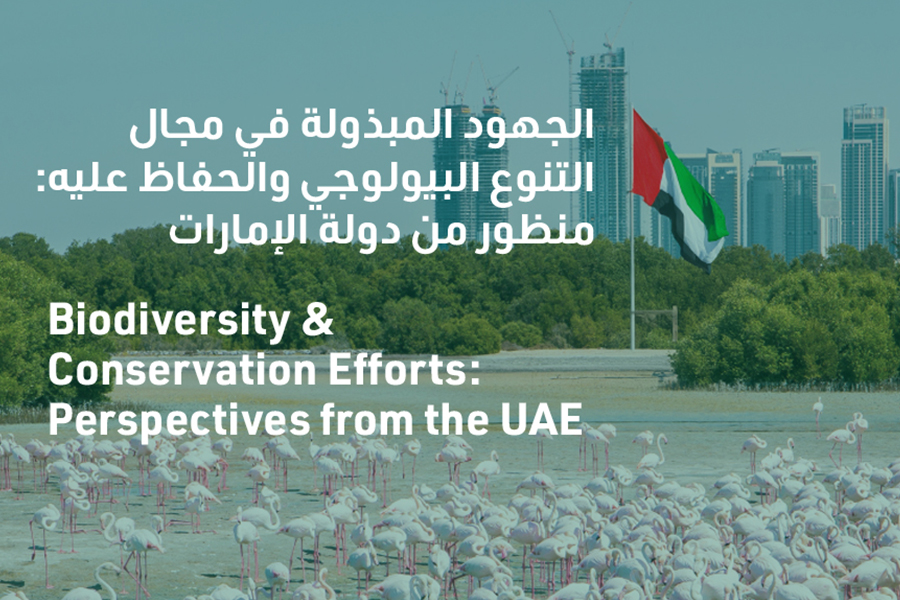2025 Women in Diplomacy Index
The 2025 Women in Diplomacy Index maps the percentage of women ambassadors and permanent representatives (PRs) to the United Nations globally. Results show that in 2025, the percentage share of women ambassadors and PRs globally increased by 1.5 percentage points to 22.5% in the 164 states that we were able to track. While this indicates steady progress from 2023 and 2024, where the global average of women ambassadors was 21%, , the 2025 result shows that women remain underrepresented in top diplomatic posts worldwide. In 2025, our data found that theincrease in women ambassadors happened in all regions, except in Asia. Regionally, the Americas and Europe have the highest average of women ambassadors and permanent representatives, at 29%, an increase from 28% for the Americas and from 27% for Europe in 2024. Africa’s percentage share of women ambassadors increased to 22% in 2025, up from 20% in 2024. Asia’s share of women ambassadors dropped to 13% in 2025 – it was 14% in 2024, while in the Middle East and North Africa region, the percentage share of women ambassadors rose to 11% in 2025, up from 10% in 2023 and 2024, driven by increases in Tunisia, Morocco, Egypt, the United Arab Emirates and Iraq. Country specific results indicate that Belize, Liechtenstein and New Zealand have reached gender equality in their top diplomatic posts, with 50% of their ambassadors being women in 2025.
Read More







